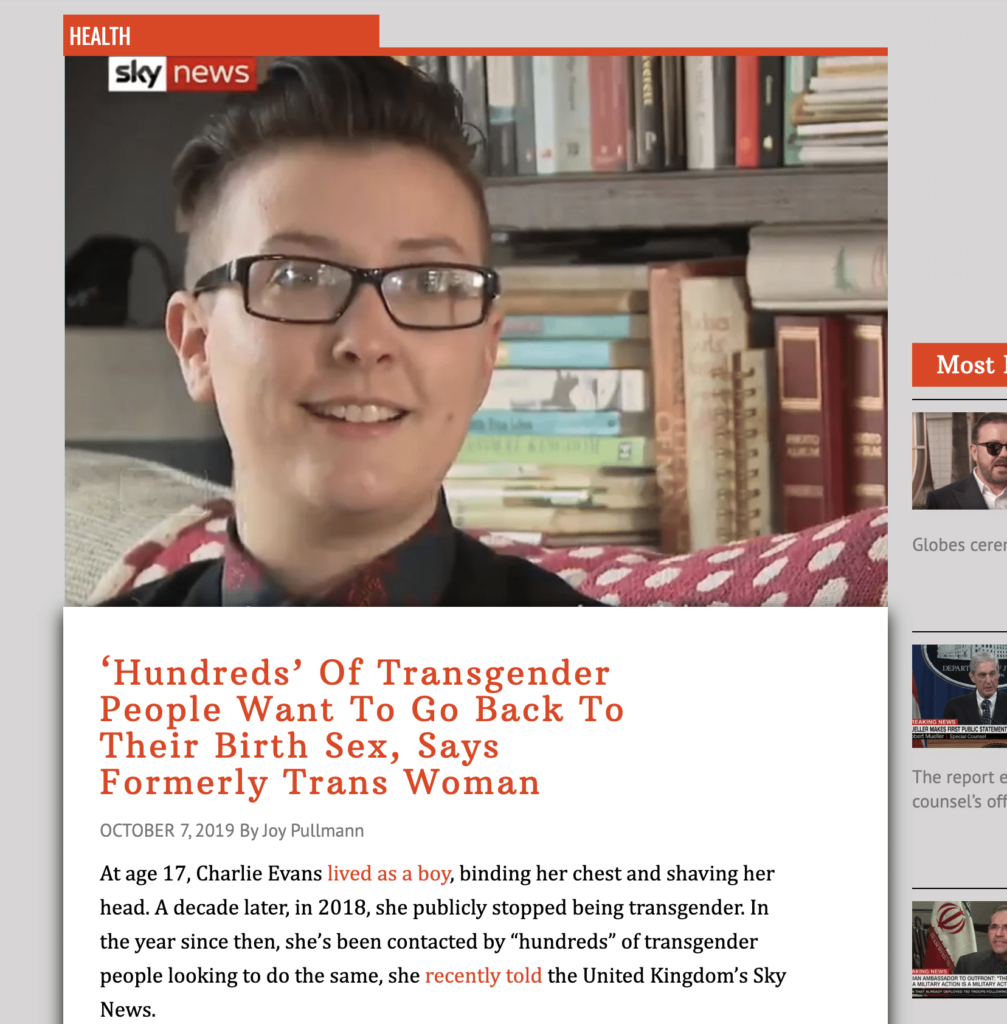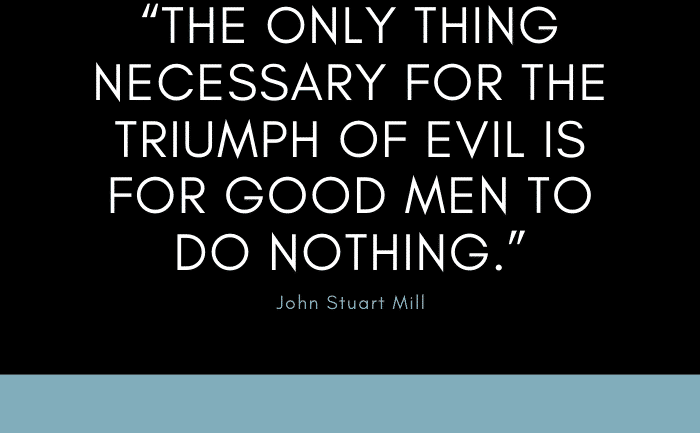Fr. Shenan J. Boquet: The Decade Marriage Died

Trump’s 9th Circuit Appeals Court Nominee Introduces His Same-Sex Husband and Twin Baby Daughters
January 7, 2020
July 27, 2018: Sorry If You’re Offended, but Socialism Leads to Misery and Destitution, by David Harsanyi
January 7, 2020
By Fr. Shenan J. Boquet, Human Life International, January 6th, 2020
Fr. Shenan J. Boquet serves as president of Human Life International. Ordained in 1993, he is a priest of the Houma-Thibodaux Roman Catholic Diocese in Louisiana, his home state, where he served before joining HLI in August, 2011. Raised in a devout family, which provided his initial formation, today he works with officials from the Vatican on down to villages in Africa. He is available for interviews and bookings on behalf of HLI and has traveled over a million miles to 80 countries and counting, all to aid in building a Culture of Life.
 Less than a decade ago, President Barack Obama was opposed to same-sex “marriage.” So was just about everybody else. Legislatures and pluralities of people in state after state voted in favor of marriage amendments that defined marriage as the union of a man and a woman.
Less than a decade ago, President Barack Obama was opposed to same-sex “marriage.” So was just about everybody else. Legislatures and pluralities of people in state after state voted in favor of marriage amendments that defined marriage as the union of a man and a woman.
I can vividly remember how as few as seven to ten years ago, many people treated same-sex “marriage” as an absurd proposal, just one more outlandish idea cooked up by social progressives that would never get off the ground. Obviously, only a man and a woman could get married. To claim otherwise was madness.
Then the president “evolved.” And then activist courts intervened and overturned the will of the people. And finally, so did the Supreme Court.
Strangely, despite the fact that majorities of citizens in so many states had headed to the ballot box to stop this unproven and radical social experiment, when the Supreme Court imposed same-sex “marriage” on the country, most people simply shrugged and went on with their lives.
And they haven’t stopped shrugging. Even many people who were strenuously opposed to same-sex “marriage” have accepted the court’s ruling with surprising resignation. Some of the reasons for this complacency are perfectly understandable: for instance, how on earth do we go about convincing the Supreme Court to overturn its own ruling? Or how do we possibly convince a divided Congress, with a large percentage of extremist Democrats, to pass a Constitutional amendment protecting marriage? The situation seemed hopeless. And why waste energy tilting at windmills?
Rapid and Radical Change
But I also think that there is another, far more questionable reason that people stopped fighting for marriage: namely, that once same-sex couples started getting “married,” nothing obviously changed overnight. Opposite sex couples continued marrying as before. Society didn’t collapse overnight. God didn’t send fire and brimstone, as He did to Sodom and Gomorrah. Perhaps all the concerns were overblown?
However, as Professor Robert George and Ryan T. Anderson compellingly argue in a devasting op-ed published recently in USA Today, any belief that legalizing same-sex “marriage” has not radically altered our culture for the worse is simply naïve. George and Anderson list a host of changes that have followed on the redefinition of marriage, emphasizing in particular the rapid erosion of the freedom of Christians who believe in the traditional family, and the impact on the younger generations, who are growing up steeped in radical LGBT ideology.
At first, they note, same-sex “marriage” advocates insisted that they only wanted the “freedom to marry.” However, they add, “It’s unsurprising that once a campaign that used to cry ‘live and let live’ prevailed, it began working to shut down Catholic adoption agencies and harass evangelical bakers and florists. This shows it was never really about ‘live and let live’ — that was a merely tactical stance.”
However, the more profound changes are at the cultural level. They write:
Law shapes culture; culture shapes beliefs; beliefs shape action. The law now effectively teaches that mothers and fathers are replaceable, that marriage is simply about consenting adult relationships, of whatever formation the parties happen to prefer. This undermines the truth that children deserve a mother and a father — one of each.
It also undercuts any reasonable justification for marital norms. After all, if marriage is about romantic connection, why require monogamy? There’s nothing magical about the number two, as defenders of “polyamory” point out. If marriage isn’t a conjugal union uniting a man and a woman as one flesh, why should it involve or imply sexual exclusivity? If it isn’t a comprehensive union inherently ordered to childbearing and rearing, why should it be pledged to permanence?
No wonder we are now seeing increasing propaganda in large media outlets and even in our children’s schools in favor of “open marriages,” “trouples,” “polyamory,” and all manner of unsavory sexual practices, such as BDSM (Bondage, Discipline, Dominance and Submission, and Sadomasochism).
Frogs in Boiling Water
The fact is that social change is not something that you can simply take in at a glance. To grasp the nature and extent of social change over a space of years requires analyzing and compiling a wide variety of data points. Unfortunately, most of us are just plain bad at this. We don’t have the time to do or read the research, so as to take in the whole social landscape. Furthermore, our memories are notoriously unreliable.
Many of us forget what things were like last year let alone a decade ago. Yes, we may be troubled by the growing brazenness of the LGBT movement, the increasingly pervasiveness of depictions of homosexuality in popular (including children’s) media, or the extremism of the new transgender movement, but we aren’t generally able to put things in perspective, to see how vast and how rapid the change that followed in the wake of a supposedly “limited” Supreme Court decision has been.

Screen capture from “The Federalist.” — Proven psychological components are linked to transgender issues; those throwing hormones and surgery at these patients capitalize on them in what is tantamount to abuse.
A friend of mine was recently telling me how he intended to get his kids on the otherwise excellent online language-learning app Duolingo. Then a family member of his warned him that the stories in Duolingo’s new “stories” often feature homosexual couples. This is happening everywhere. An utterly disproportionate number of Netflix’s movies and TV Shows prominently depict homosexual or transgender characters. The new Star Wars movie includes a lesbian kiss, as do a growing number of mainstream Hollywood films aimed at children and adolescents. School curricula everywhere are being re-written to include “diversity.” More and more grade schools are flying the rainbow flag on their flag poles, some of them 365 days a year, as if LGBT issues are somehow on the same par as our state or national identity.
We are the proverbial frogs in boiling water. Ten years ago, you certainly didn’t have to worry about whether your children might go to the library and be exposed to a convicted pedophile in drag reading stories, indoctrinating toddlers into the belief that gender is merely a social construct, and that they might have been born into the “wrong body” (whatever exactly that means). We hear about this stuff so often that I fear we are coming to think that it has always been this way.
Family and the Attack on Memory
In a deeply insightful response to George and Anderson’s article, Rod Dreher has argued that bringing about a loss of collective social memory is precisely the point of the attack on the family. Without a long-term memory, a society is vulnerable to ideological radicals, who can foist rapid and radical change without people really noticing what’s happening. The traditional family is the single-best insurance of continuity of memory, and therefore the #1 enemy of radical, progressive extremists. A family preserves memory through a deep-seated shared identity and commitment to common (often conservative) values, built upon stability, permanence, and commitment. Memories, moral truths, and loyalties to people, place and religion are passed down from generation to generation.
The dissolution of marriage has shattered all of this. Of course, the process hardly began with same-sex “marriage.” The sexual revolution and the rise of no-fault divorce means that generations of children have now grown up with scarcely a hint of stability in their lives: often without any siblings, or sharing a confusing array of siblings from multiple parental figures, and shuffled about from house to house and city to city, never quite knowing with whom or where they will be spending the upcoming weeks or holidays. Same-sex “marriage” only vastly exacerbates this, bringing into the picture a generation of children grown in petri dishes, gestated in paid surrogates, and placed with parental figures who deliberately deprive them of knowledge of who their biological parents even are.
Those of you who know Rod Dreher will know that his proposal for fighting back involves the so-called Benedict Option – i.e. the building of small-scale cultural and religious enclaves, where religious and moral truths are lived out and preserved in a deeply intentional and counter-cultural ways. In his response to George and Anderson, Dreher writes:
Bottom line: we are going to have to suffer through this crisis of forgetting, a crisis that will last for decades, even centuries. Our task as traditionalists … is to fight hard politically and culturally to create the structures within which the memory of family, and of God, can be sustained.
… Over this past decade, we have collectively forgotten what marriage is, what family is, and we are well on our way to forgetting what men and women are. Our rich, technologically advanced culture has abolished Man. It is vital to get that understood, and to act. Milan Kundera, the exiled Czech novelist, once wrote, “The struggle of man against power is the struggle of memory against forgetting.” The power that those fighting for Man today is immense — more powerful, even, than what those who stood against Communism faced.
The Crisis of Courage
In a fascinating and sobering response to Dreher’s analysis of his co-written column, Professor George agreed with much of what Dreher had to say, but also added a scathing analysis of how social conservatives lost the battle to defend marriage. Ultimately, he writes, it boiled down to one thing: a shocking collapse of courage in the face of adversity.
“Our opponents sensed that many of our people lacked [courage] and they did what savvy–and ruthless–people would do in that circumstance,” wrote George, “they ran a campaign of intimidation, smearing anyone who opposed their agenda as a bigot and a hater.” He adds:
[W]hen push came to shove, many, many supporters of marriage and traditional understandings of sexuality and sexual morality yielded to the bullying or at least abandoned the field. While left-wing (and even one or two otherwise right-wing) millionaires and billionaires poured money into referenda and legislative battles to redefine marriage, many, many well-to-do Christians (fearful of adverse consequences for themselves and their businesses of contributing money to the pro-marriage cause) declined to give. Some gave anonymously, but when one or two of these were “outed” and vilified by the left, others became too frightened even to do that. This was cowardice.
The result was that the pro-marriage conservatives were massively outgunned and outspent. And the process continues today. However, the progressive “victories” that led to this situation, says George, “were NOT inevitable. They were won because too many people on the other side failed to muster the courage to fight. They cowered in fear. They stood on the sidelines. They wanted ‘other people’ to do the work, contribute the money, stand boldly for what is true and good and right and justice. But there weren’t enough ‘other people.’”
But, says George, it isn’t too late.
Someone might say, “this is no time for recriminations.” Well, I don’t agree. This is precisely the time for recriminations. Indeed, there was never a better time. Standing boldly for what is true and good and right and just is everybody’s job. It’s not just “other people’s” job. Especially to my fellow Christians I say, it is OUR job. It comes with the Gospel territory. You say “it’s hard”? Of course, it’s hard. But who ever told you that Christian discipleship was not going to be hard? Or risky? Or costly? Not Jesus, that’s for sure. He told us–in the most explicit terms–that it was going to be hard–very hard–and risky, and costly. What did he say exactly? “Whoever would be my disciple let him take up his cross and follow me.”
George has more to say. I urge you to read his and Anderson’s original article, Rod Dreher’s two articles responding, and George’s own response to Dreher. All of them make for a fascinating read and pack a punch in terms of drawing our attention to the devastating impact that the redefinition of marriage has had upon our culture, and what we can do about it. As George writes,
We seek to preserve marriage–the real thing–for example because of the profound respects in which a flourishing marriage culture serves and benefits all members of the community–beginning with children. We need courage, we need to muster the courage, to love as we should–self-sacrificially.






